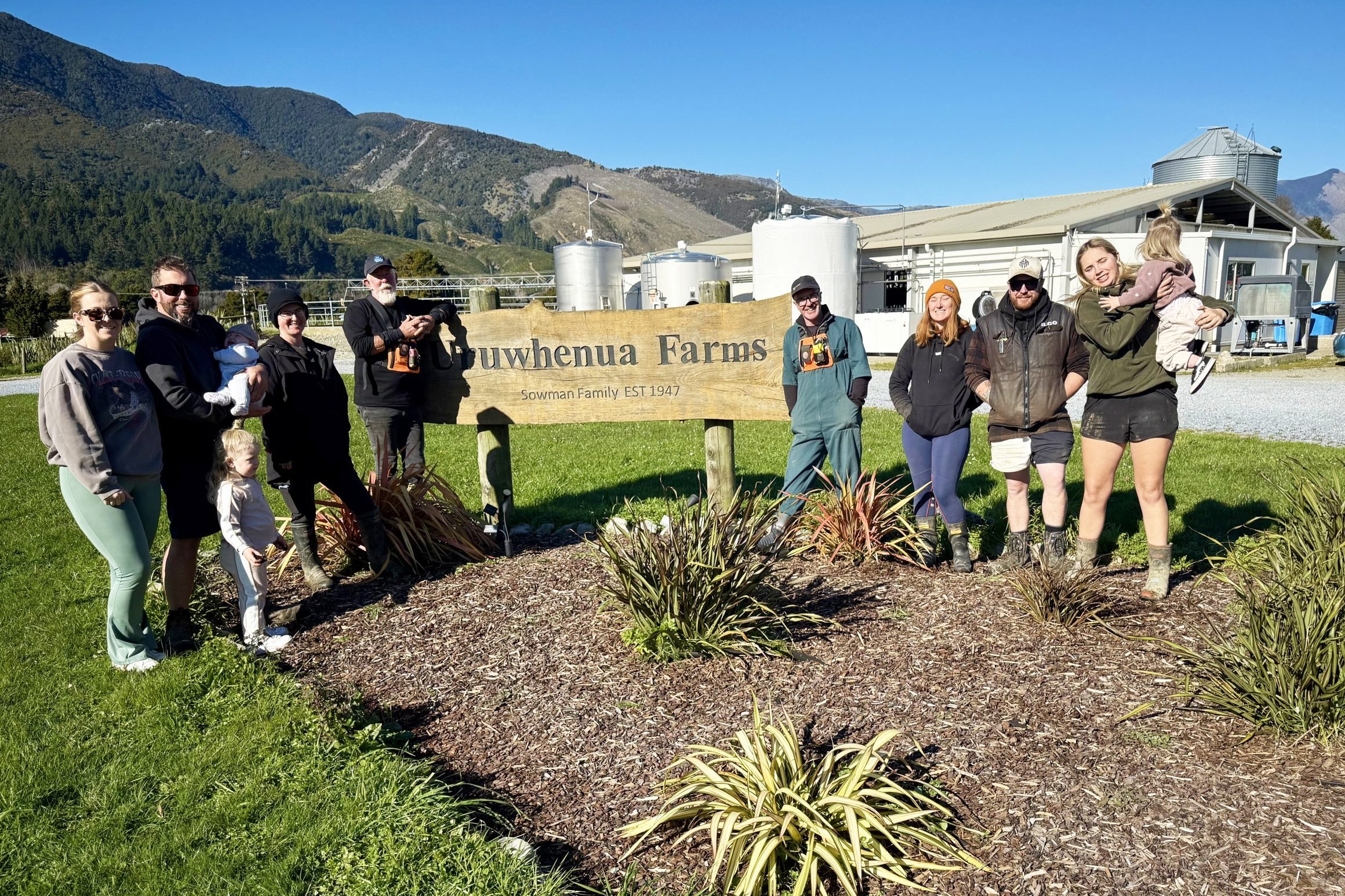BY: HUNTER MCGREGOR
We have all heard that in New Zealand we need to ‘add value.’ It sounds great in speeches and as a sound bite. The great thing about using the term ‘added value’ is that it can mean many things so it really becomes meaningless.
Does it mean that the consumer should pay more for the product? Everyone wants more value, but does it mean you, as the producer will get any of this? As someone on the front line in China selling NZ products, I don’t know what it means by ‘adding value’.
Let’s take a deeper look at a couple of real NZ product success stories in China, A2 Infant Formula and Rockit Apples. Both of these brands are sold at the premium end of the market. In Rockit Apples case they have managed to create their own niche by redefining how apples are sold.
Rockit apples are a smaller apple sold in a plastic tube (five apples in each) and they have redefined the apple market for their product. Smaller size fruit, smart packaging and branding, it’s a great apple for a snack. The way of selling apples has created their own category. This is a really hard thing to do but they have done a wonderful job. They also sit on the supermarket shelf right beside Zespri Kiwi fruit, it is great to see.
When Rockit Apples launched in the Shanghai market a few years ago I was very surprised by the price. I did not think at that price it was good value, but luckily I am not their target consumer. The pricing has come back a little bit over the past couple of years as the product becomes available in more supermarkets. It is still at the top end of the market. One tube is selling for $12.80 NZD (59.90 RMB) to $16.80 NZD depending on the supermarket in Shanghai. Each tube is 205g of 5 small apples, which means per kg range at retail $60 to $80 NZD.
The Chinese consumer must see value in this product. Interestingly, this brand has apples from other countries, not just NZ. This means the apples can be on the shelf all year round. These American apples will be replaced soon with NZ apples once the new season apples arrive.
Meanwhile, A2 infant formula 900g cans are sold at a premium within the Chinese infant formula category. If you remove their daigou (surrogate shopping) tactic where products are sold in Australia and posted to China, their China business is quite impressive. They have managed to dominate supermarket shelf space in all high-end supermarkets in Shanghai. I don’t know what they are doing outside of Shanghai, as China is a big complex market. Infant formula in China is usually selling in Shanghai supermarkets for about NZD $64 (300 RMB) to $75 a 900g tin, A2 is at about $92 for a 900g. In the cow’s milk infant formula category, they are at a good premium to all other brands. This is very impressive.
Both Rockit Apples and A2 are sold at a premium and they have very different but unique places within their market segments. They are both pushing the upper limits to what consumers are prepared to pay, but they are still seen as value.
With these two successful brands, do the producers/growers receive anything extra of the “value” they are creating in China? I cannot answer this.
Unfortunately, a lot of NZ products that are sold in China do not have the same brand value as either A2 or Rockit apples. It would be great to see more NZ brands here but we have a long way to go.
One thing we should be doing now is moving the discussion from “adding value” to focusing on “adding value to the consumer while returning more margins to the producer”. With the pressure coming on via Government regulations in NZ and China and with customer requirements, there needs to be a focus on margin. It gives a measure of the value you are creating.
The exciting thing about the Chinese market is that there are plenty of opportunities for New Zealand products if we look beyond the status quo.
- Hunter McGregor is a Chinese-speaking Kiwi based in Shanghai selling NZ meat into China.




